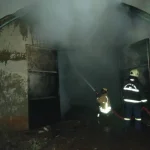Sanitation in Ghana remains a very big deal since it is a canker that government after government have tried to marshal forces to deal with.
In Ghana, refuse deposited in gutters blocks water pathways causing flooding in most of our cities whenever it rains. Flooding coupled with poor sanitation leads to disease outbreaks especially, cholera and diarrhoea.
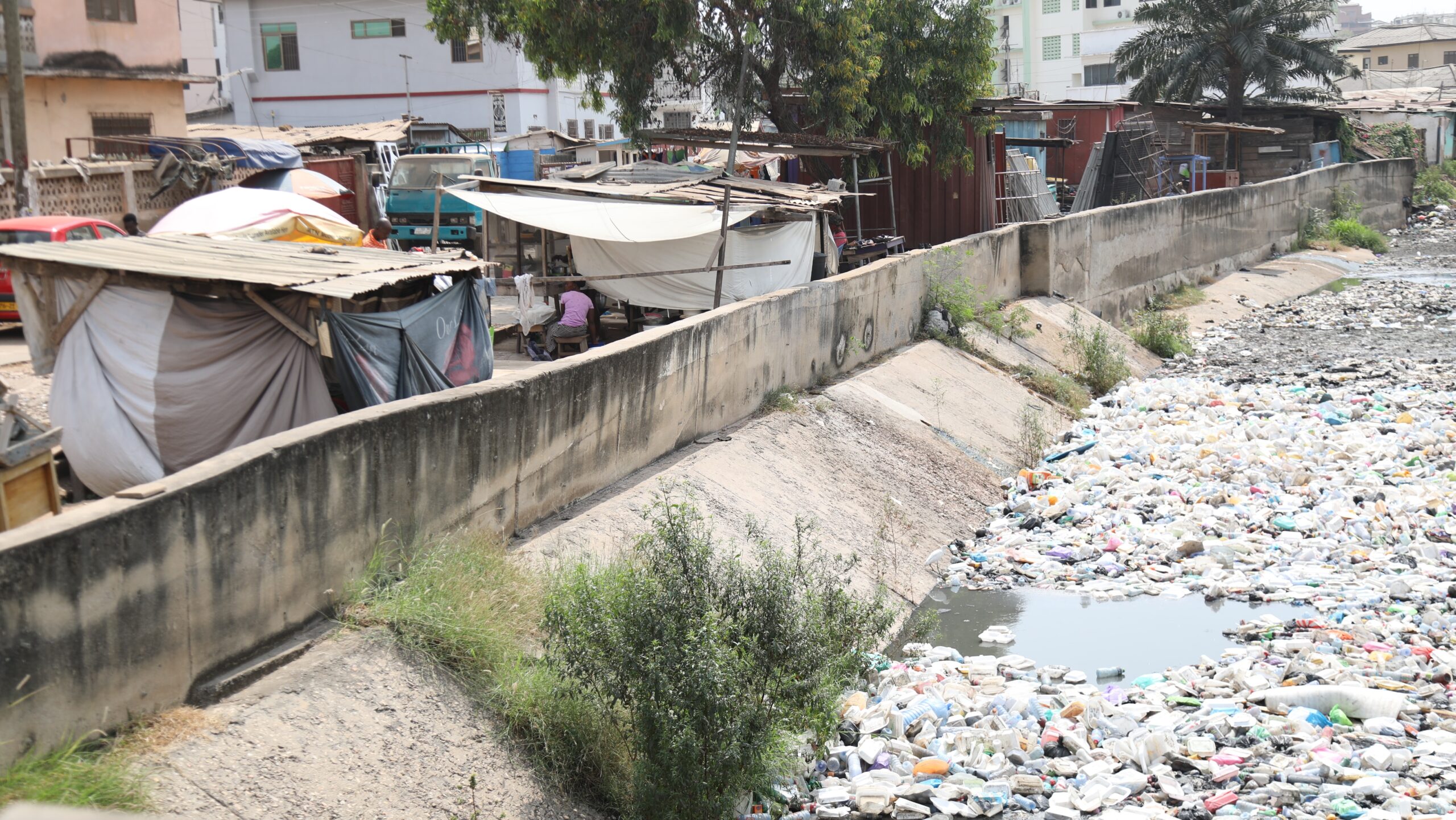
Many lives have been lost due to poor sanitation caused by indiscriminate refuse disposal, but it seems we as Ghanaians have learnt nothing.
In 2015, the World Health Organisation (WHO) and the United Nations Children’s Fund (UNICEF) released a report in which Ghana was ranked as the seventh dirtiest country in the world.
Titled Progress on Sanitation and Drinking Water: 2015 Update and Millennium Development Goals (MDGs) Assessment, the joint-monitoring report released in July 2015, noted that Ghana’s challenge to improved sanitation had become starker with the country dropping “even further amongst the worst performing countries”.
Per the report, 7,500 children die annually in Ghana from diarrhoea that is linked to unsafe drinking water and poor sanitation.
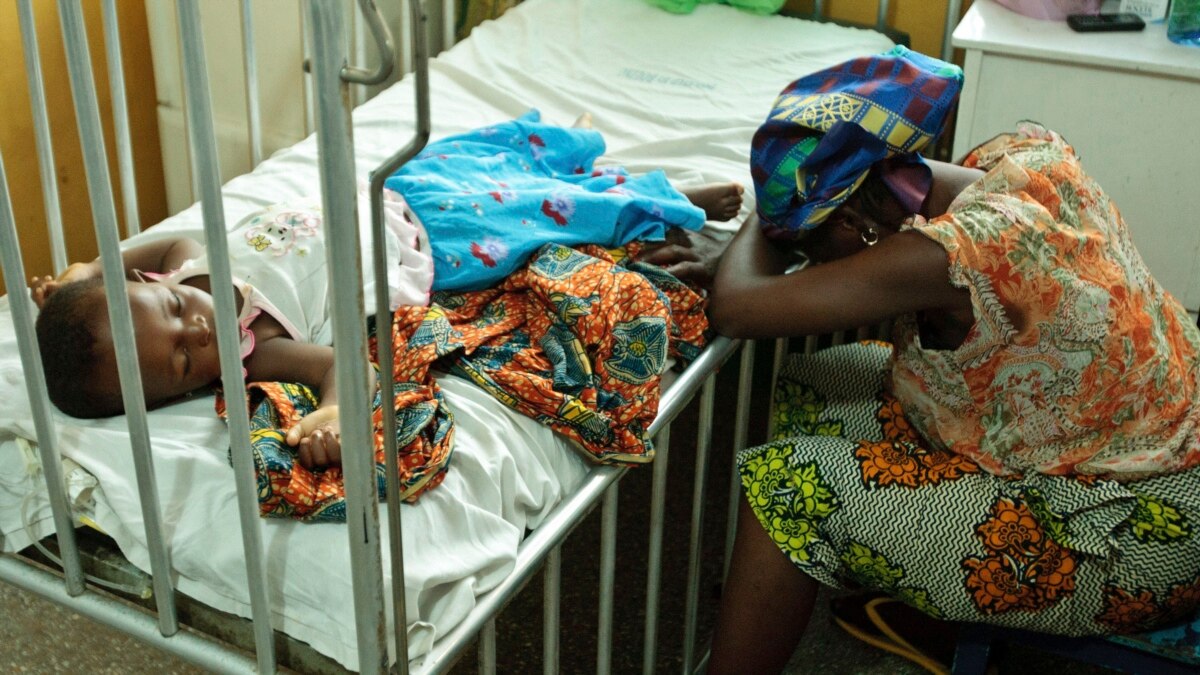
Again a study conducted by the Water and Sanitation Programme of the World Bank said Ghana spends more than GH¢1.4 billion annually to combat the effects of poor sanitation and open defecation.
According to the study, the amount is spent on the purchase of medicines and providing emergency beds for persons afflicted with non-communicable diseases such as cholera and diarrhoea and for treatment of water.
It said the amount is also used in buying chemicals to purify and treat water that had been contaminated through open defecation.
Despite several policies and programmes rolled out by past and present governments to deal with poor sanitation, the menace lingers on.
Late Alhaji Aliu Mahama’s fight against indiscipline in society
The sanitation campaign in Ghana did not start with the Nana Akufo-Addo-led government. Alhaji Aliu Mahama(of blessed memory) started a vigorous campaign against filth in 2008.
As Vice President, Aliu Mahama officially launched a strategic plan to campaign vigorously against indiscipline to eliminate unruliness from all spheres of society at the time.
His conviction was that Ghana could only achieve socio-economic progress if Ghanaians, particularly the youth adopt positive attitudes and behaviour.
John Mahama Launches National Sanitation Day Programme
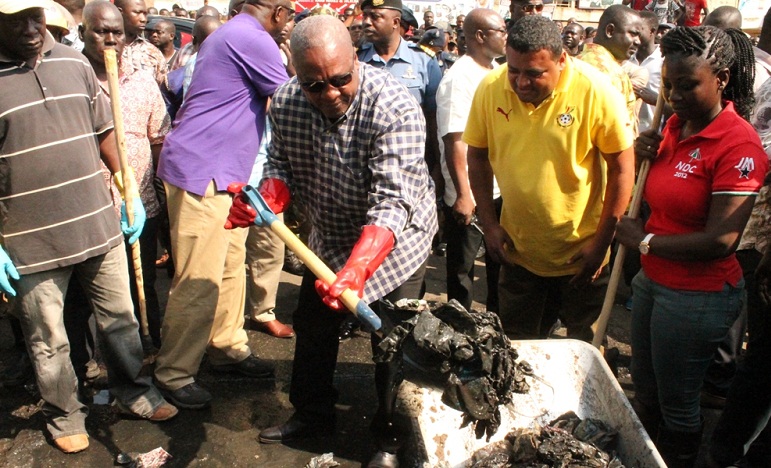
Under the leadership of former President John Mahama and then Minister of Local Government and Rural Development, Julius Debrah, a monthly clean-up dubbed “The National Sanitation Day” was launched.
The concept was to designate the first Saturday of every month as a day for cleaning our environment.
The then minister for Local Government and Rural Development, Mr. Debrah explained that the rationale was to inculcate into the Ghanaian the habit of cleaning his/her environment for a clean Ghana.
Somewhere along the line, the sanitation campaign lost steam. The abandoned waste found its way back into the gutters, choking the whole system. Now people no longer see the need to support the project.
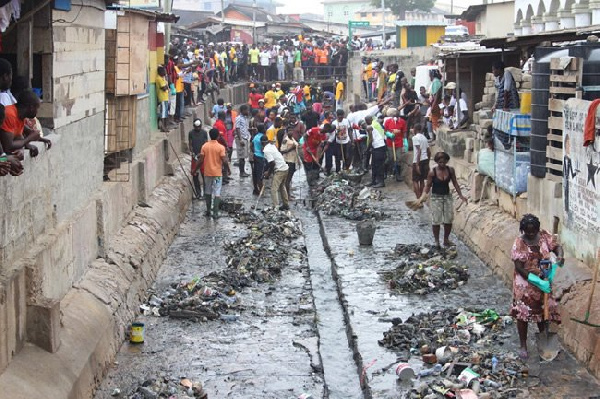
Akuffo Addo’s pledge of making Accra the cleanest city in Africa
In 2017, President Akufo-Addo made the promise to make Accra the cleanest city in Africa at the end of his first term.
To achieve this promise and demonstrate he is dedicated to this goal, the president for the first time set up a Sanitation Ministry.
The ministry was to oversee sanitation issues in the country.
This was done while other sanitation initiatives were taken during the president’s first term to get the agenda going.
Some of the other initiatives included the launch of the national sanitation campaign, the distribution of litter bins to reduce the amount of waste on the street, and the engagement of sanitation guards to enforce by-laws in MMDAs. He also appointed former president Jerry John Rawlings the national ambassador on sanitation to strengthen advocacy.
Despite these moves, only a little impact was made and the dream of making Accra the cleanest city in Africa remained elusive.
The questions that beg for answers are: With all these efforts and investments, are the sanitary conditions improving at all? Why do Ghanaians dump refuse into drains and water bodies? Is it a sheer attitudinal problem or an indiscipline that is ingrained?
These questions must agitate the minds of policymakers and local authorities as they might hold the keys to dealing with our sanitation challenges across the country.











